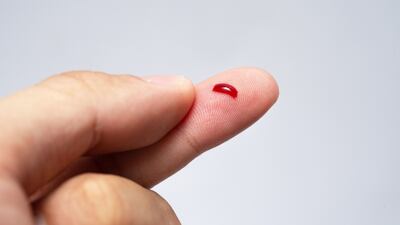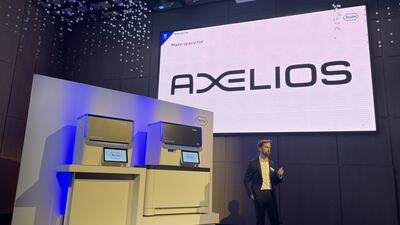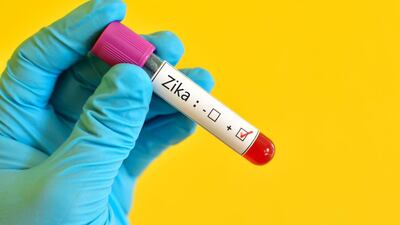Neuromodulation devices represent one of the largest and fastest growing segments of the worldwide medical device market. These technologies selectively alter or “modulate” the transmission of nerve impulses in the central, peripheral, or autonomic nervous systems or in the deep cell nuclei of the brain using programmable electrical or pharmacological therapies. Most of the neuromodulation devices sold today are implantable, and are used as a treatment of last resort to manage patients with chronic pain, movement disorders, spasticity, and epilepsy who do not respond to conventional therapies. But the number of products in the pipeline has exploded over the past five years as clinicians and manufacturers look to neuromodulation to treat an increasingly wide array of conditions and complex diseases, including chronic migraines, blindness, Alzheimer’s disease, depression, severe anorexia and other psychiatric disorders, epilepsy, obstructive sleep apnea, paralysis, asthma, blindness, stroke, heart failure, obesity, and incontinence. (See Exhibit 1.) Current and emerging neuromodulation devices include spinal cord stimulators, deep brain stimulators, cortical stimulators, peripheral nerve stimulators, neuroprosthetic devices, such as cochlear implants, and implantable drug delivery devices. (See Exhibit 2.) (See Also see "Device Start-Ups Inch Closer To Elusive Epilepsy Treatment" - Medtech Insight, 26 November, 2012., Also see "Deep Brain Provides Stimulating Market" - Medtech Insight, 25 April, 2012., and Also see "New Avenues in Neuromodulation" - Medtech Insight, 1 June, 2010..)
Exhibit 1
Read the full article – start your free trial today!
Join thousands of industry professionals who rely on Medtech Insight for daily insights
- Start your 7-day free trial
- Explore trusted news, analysis, and insights
- Access comprehensive global coverage
- Enjoy instant access – no credit card required
Already a subscriber?







